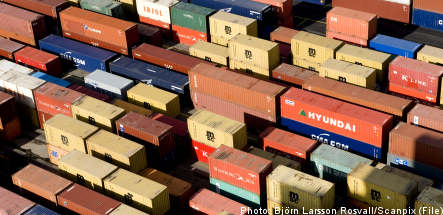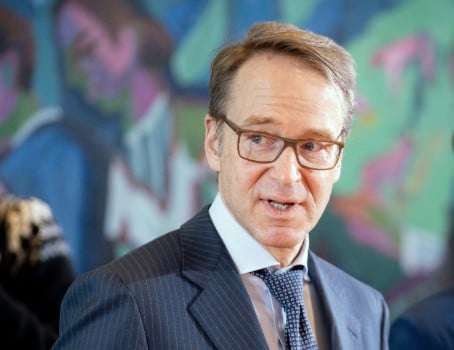The PMI climbed to 38.8 in comparison with 36.7 in March and came in slightly above analyst expectations, according to the new report by Swedbank and Silf Competence, a provider of development services for purchasing, sourcing and supply professionals.
Order intake is the main contributory factor to the improvement in the figures which are interpreted to indicate a slowing of the economic downturn and raising hopes of a recovery.
“Order intake is the most important factor behind the increase, especially export order intake which is almost at 50. This means that it is not falling anywhere near as much as previously,” Knut Hallberg at Swedbank said.
Production, delivery times and stock levels all contributed positively to April’s PMI with employment levels constituting the only negative factor.
An increase in the index for company production plans indicates that pessimism is in retreat, but current levels still display expectations of falling production volumes over the coming half-year period, according to Swedbank/Silf.
The employment index continued to decline in April, which reflects the large wave of redundancies announced at the end of 2008 and beginning of 2009.
The PMI is based on interviews with more than 200 purchasing managers within the manufacturing industry. An index above 50 indicates growth within industry, a figure last seen in June 2008.



 Please whitelist us to continue reading.
Please whitelist us to continue reading.
Member comments